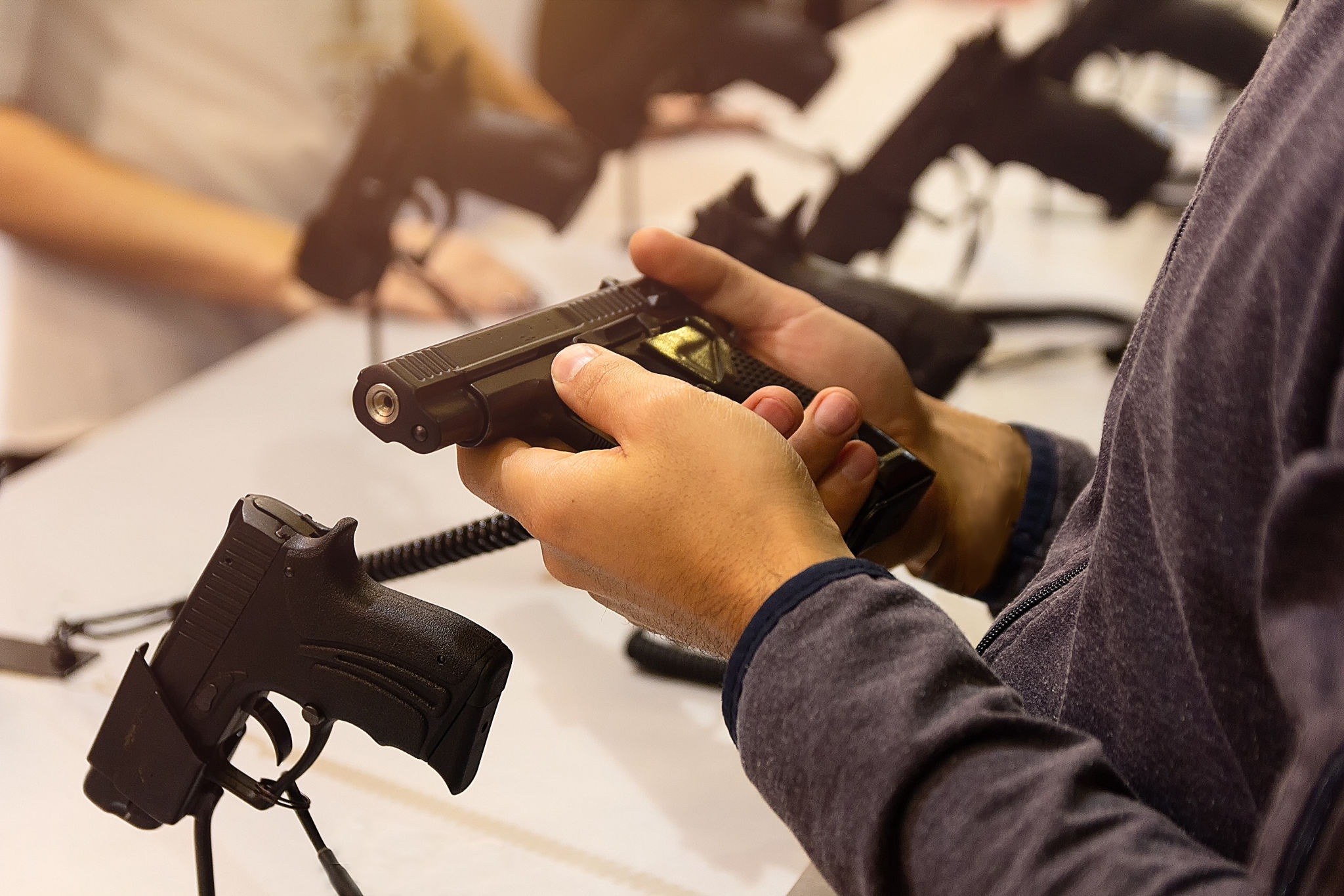Myths About Gun Stores: What You Really Need to Know
Understanding the Realities of Gun Stores
Gun stores are often surrounded by a cloud of misconceptions, leading to misunderstandings about their operations and clientele. Many people form opinions based on myths rather than facts, which can skew public perception. To clear up these misconceptions, it's essential to look at gun stores through an informed lens and understand what really happens behind the scenes.

Myth: Gun Stores Are Unregulated
A common myth is that gun stores operate without any oversight or regulations. In reality, gun stores are subject to a variety of federal, state, and local laws. These laws dictate everything from who can purchase firearms to how the inventory must be stored and tracked. Gun store owners and employees must comply with strict regulations to ensure the safety and legality of their sales.
The Bureau of Alcohol, Tobacco, Firearms and Explosives (ATF) closely monitors gun stores, conducting regular inspections to ensure compliance with all applicable laws. This regulatory framework helps maintain a level of accountability and safety within the industry.
Myth: Anyone Can Buy a Gun Easily
Another myth is that purchasing a gun is as simple as walking into a store and walking out with a weapon. In actuality, there are comprehensive background checks and waiting periods involved in the process. Federal law requires licensed dealers to perform background checks on potential buyers to screen for criminal history or other disqualifying factors.

Some states have additional requirements, such as mandatory waiting periods or firearms training courses. These measures are designed to ensure that only eligible individuals can purchase firearms, adding an extra layer of security.
Myth: Gun Stores Are Dangerous Places
There's a misconception that gun stores are inherently dangerous environments. In truth, gun stores prioritize safety above all else. Employees are trained in firearm safety and responsible sales practices. Most stores have robust security systems in place, including surveillance cameras and secure storage for firearms.
It's important to remember that customers visiting gun stores are typically responsible individuals looking to purchase firearms legally for sport, hunting, or self-defense. The emphasis on safety and compliance creates an environment where both employees and customers can feel secure.

The Importance of Education
Educating oneself about the realities of gun stores is crucial for dispelling myths and fostering informed discussions about firearms. Many gun stores offer educational resources and training courses for new gun owners, covering topics such as firearm safety, maintenance, and legal responsibilities.
By promoting education and understanding, gun stores can help bridge the gap between perception and reality. This approach benefits both the industry and the community by reducing misinformation and encouraging responsible gun ownership.
Conclusion
In conclusion, the myths surrounding gun stores often overshadow the facts. By recognizing that these establishments are highly regulated, prioritizing safety, and committed to educating the public, we can develop a more balanced view of their role in society. As with any complex issue, understanding the nuances is key to fostering informed and productive conversations about firearms and their place in our communities.
